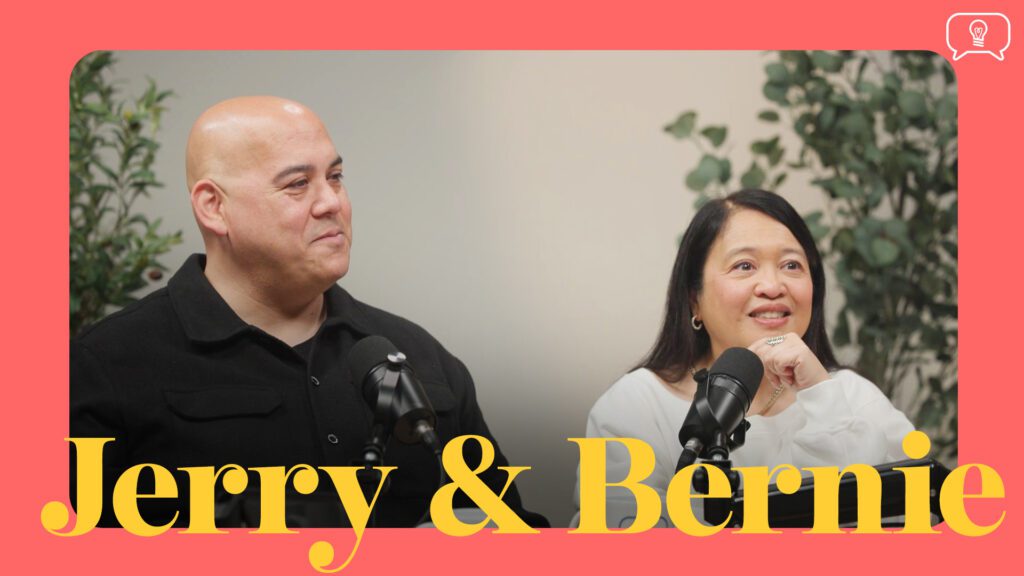Breaking Limiting Beliefs: From 240 to 26.2

A health scare at 31 forces JP to break his own limiting beliefs and transform into a marathon runner through faith, family and God by his side.
Mid-Life Career Change: 47-Year-Old Rookie

At 47, a retired stockbroker found the courage to chase his childhood dream of becoming a police officer. How faith guided his brave midlife career change.
The Mindset Shift That Builds True Resilience

Living with an inoperable brain aneurysm, a Christian woman shifted her mindset to build resilience through faith and biblical teachings.
Why Are There So Many Religions Today?

If there is one true God, why are there different churches teaching misinterpretations of the Bible? Why are their teachings and beliefs different?
Purpose in the Pain: The Sandwich Generation

A woman’s journey caring for her aging dad and her family helps her see the lessons beyond the struggle and discover God’s reason for choosing her.
Voice Notes: When Change is Inevitable

Real stories of resilience when life brings you changes. These voice notes reveal how people find meaning through life’s inevitable transitions.
How to Get Right with God

If sin separates us from God, what are the steps to salvation? If you want to know how to be saved, you need to know how to get right with God.
What Does Your Easter Celebration Mean?

Before you plan this Easter celebration, make sure your Easter traditions are the best way to honor Christ and His death. If you’re not sure, start by asking– “Is Easter in the Bible?”
When is Easter in 2025?

This year, Easter is celebrated on April 20, 2025. But why does Easter change dates every year? Do all Christians celebrate Easter the same way?
Is the Sabbath Still Relevant Today?

Are you observing the Sabbath? Or maybe, you’re not sure if the Sabbath is Saturday or Sunday. What day is the Sabbath in the Bible, and are we instructed to observe it?
